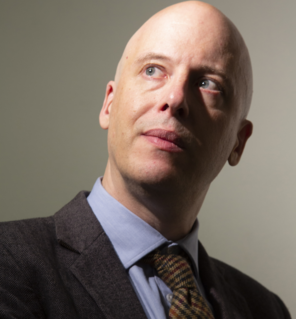A Quote by James Hillman
One strand of psychotherapy is certainly to help relieve suffering, which is a genuine medical concern. If someone is bleeding, you want to stop the bleeding. Another medical aspect is the treatment of chronic complaints that are disabling in some way. And many of our troubles are chronic. Life is chronic. So there is a reasonable, sensible, medical side to psychotherapy.
Related Quotes
When I went to medical school, I was taught about two basic kinds of diabetes: juvenile onset and adult onset. From the time I did my training in medical school to the end of my residency we were already seeing the transformation of adult onset diabetes into Type II, which is what we call it now, which from my perspective is a euphemism we have draped over this condition to conceal the fact that what was a chronic disease in midlife is now epidemic in children. Frankly, Type II diabetes in a seven year old is adult onset diabetes. We just don't want to confront that unpleasant fact.
Many children face chronic stress from nutritional deprivation or persistent violence at home or in the community. By addressing their medical, emotional and developmental needs through a comprehensive clinical care model, we can lower their risk of developing long-term physical and mental health issues.
Many low-income children face chronic stress from nutritional deprivation or persistent violence at home or in the community. By addressing their medical, emotional and developmental needs through a comprehensive clinical care model, we can lower their risk of developing long-term physical and mental health issues.




































